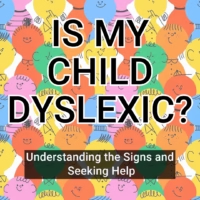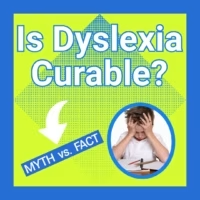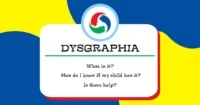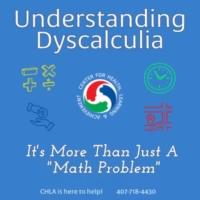Is your child struggling with focus, organization, or impulsive behavior? These challenges can be frustrating for both children and parents, and they might be signs of Attention-Deficit/Hyperactivity Disorder (ADHD). Understanding ADHD and its impact on executive functioning is the first step towards helping your child thrive. At the Center For Health, Learning & Achievement, we're dedicated to providing comprehensive support for children with ADHD and their families.
What is ADHD?
ADHD is a neurodevelopmental disorder affecting millions of children. It's characterized by persistent patterns of inattention, hyperactivity, and/or impulsivity that interfere with daily functioning and development. It's important to remember that ADHD is not a sign of laziness or defiance. It's a real condition that affects how the brain works.
Symptoms of ADHD can manifest differently in each child, but common signs include:
- Difficulty paying attention and staying focused.
- Trouble following instructions and completing tasks.
- Being easily distracted.
- Excessive talking and fidgeting.
- Difficulty waiting their turn.
- Acting without thinking (impulsivity).
- Disorganization and forgetfulness.
The Crucial Link: ADHD and Executive Functioning
Executive functioning skills are a set of mental processes that help us plan, organize, and manage our thoughts and actions. Think of them as the brain's "air traffic control system." These skills are essential for success in school, work, and life in general.
ADHD often significantly impacts executive functioning. The areas most affected include:
- Working Memory: Holding information in mind while working on a task. Children with ADHD may struggle to remember instructions or keep track of multiple steps.
- Inhibition: Controlling impulses and resisting distractions. This can lead to impulsive decisions and difficulty staying on task.
- Planning and Organization: Breaking down tasks into smaller steps and prioritizing effectively. Children with ADHD may struggle to plan ahead, organize their belongings, or manage their time.
- Emotional Regulation: Managing emotions and responding appropriately to different situations. Children with ADHD may experience emotional outbursts or have difficulty controlling their frustration.
- Task Initiation: Starting tasks, especially those that are perceived as boring or difficult. Procrastination is a common problem for individuals with ADHD.
At the Center For Health, Learning & Achievement, we believe that every child has the potential to succeed, and we're committed to helping them unlock their full potential. Contact us today to learn more about how we can help your child thrive.










